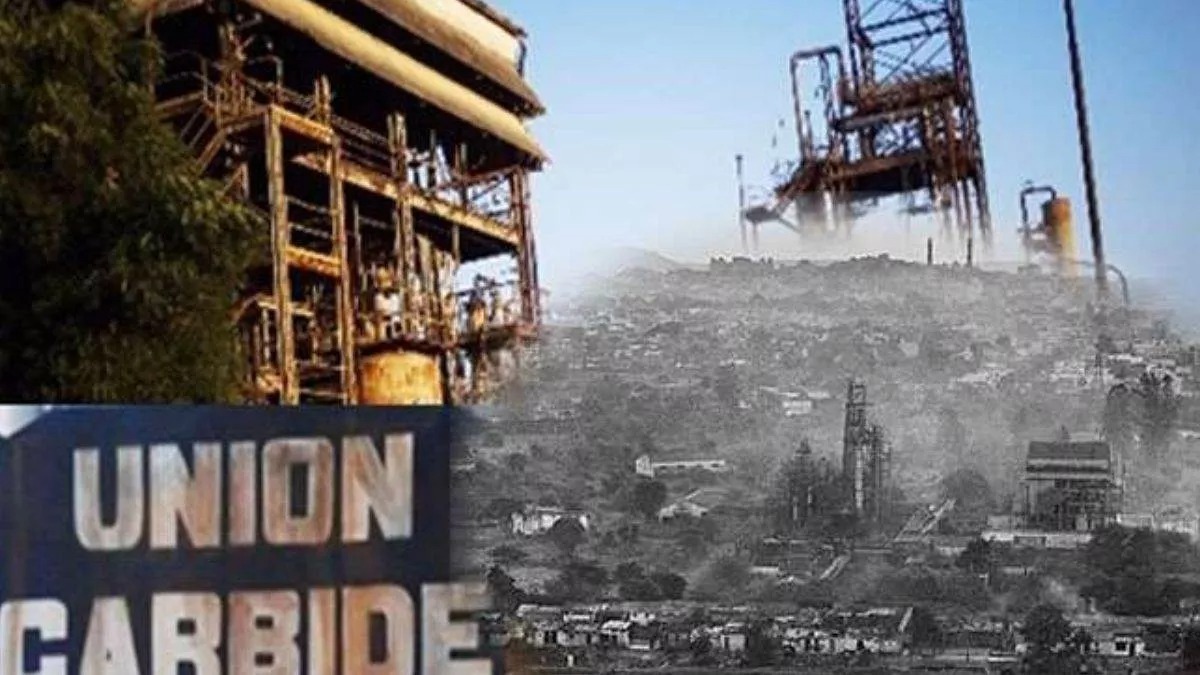
40 years ago, the night of 2nd and 3rd December 1984 was the most horrific night in the history of not only Bhopal but the entire country. The Bhopal gas tragedy took place on this very night. On the night of 2nd December, the poisonous gas methyl isocyanate started leaking from the Union Carbide Pesticide Plant in Bhopal. In no time, 3787 people lost their lives in the tragedy. But this was the official figure. According to the report presented in the Supreme Court, more than 15,724 people have lost their lives in the Bhopal tragedy.
Proposal to celebrate National Chemical Disaster Awareness Day
On the completion of 40 years of Bhopal gas tragedy, a resolution has been passed in the US Parliament. Under this, it is proposed to declare December 3 as National Chemical Disaster Awareness Day in America. This resolution was presented by Merkle, Ron Wyden and Peter Welch. Now it has been sent to the Judiciary Committee. In the resolution, Dow Inc. and Union Carbide have been held responsible. There has also been a demand for compensation to the victims.
What's on offer
The resolution said that on 3 December 1984, a Union Carbide pesticide factory in Bhopal, India, released toxic methyl isocyanate gas. Within 72 hours of the accident, 8,000 people lost their lives and more than 500,000 were injured. It was the world's biggest industrial disaster.
The generational impact of the tragedy on people
The resolution also states that a tragedy like Bhopal has a negative economic and generational impact. The mortality rate of Bhopal accident survivors is very high. At the same time, more than 150,000 survivors are suffering from long-term diseases. About 500,000 people are facing physical and economic difficulties.
Survivors are at higher risk of cancer
The proposal also mentions a study by the University of San Diego. It says that people who were in Bhopal at the time of the disaster have a higher rate of cancer and disability. This has also affected the level of employment and education.
Demand for Anderson's extradition raised
The resolution states that the Indian government has accused Union Carbide and its former chief executive officer Warren Anderson of manslaughter. This is equivalent to murder under US law. In such a situation, Anderson's act is an extraditable crime. It also states that it is important to ensure that no community in the world has to face an accident like Bhopal again.
The company ignored the summons of Indian courts
There has also been a demand for taking timely action on the request of the Indian government against Dow Inc., the company that bought Union Carbide. The proposal states that Union Carbide and its representatives have ignored the summons to appear in court in India. Two extradition treaties were signed between India and America in 1942. India also applied under these. But the presence of the company's representatives could not be ensured.
Read More: Union Cabinet resolves: 'Seva Teerth' will be a centre of empowerment, not a display of power
--Advertisement--

 Share
Share



